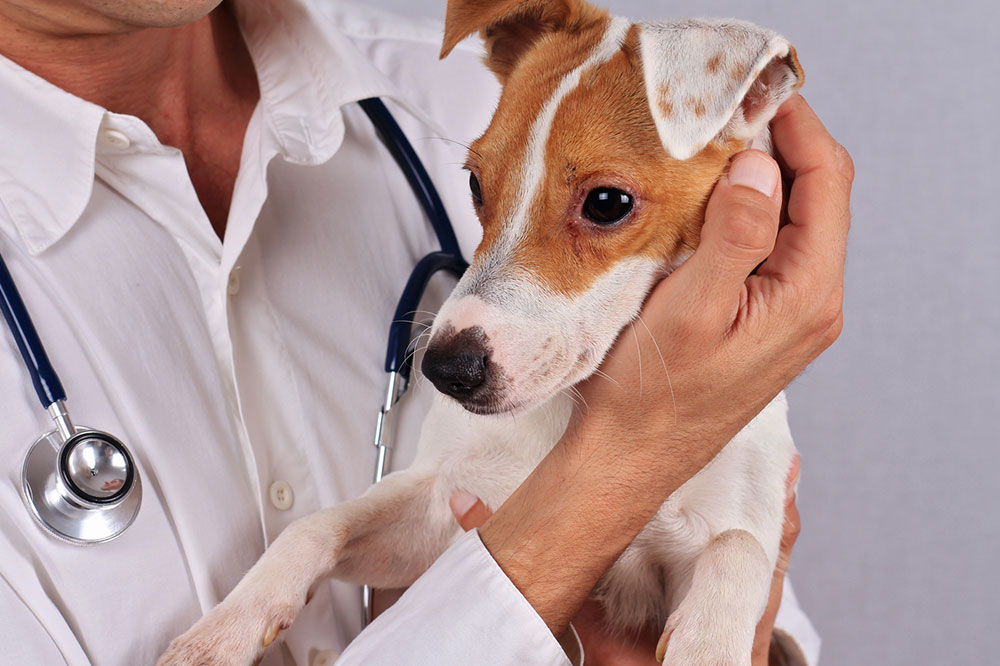
Dog Food Allergies – Main Symptoms And Triggers
Allergic responses are the body’s immune response to an external substance, which in the case of food allergies, are certain foods. Once the dog has developed an allergic reaction to a particular food, you can bet that the reaction will almost be negative. If left untreated, these allergic reactions can sometimes become fatal to the dog in question.
It is also important to remember that food allergies in dogs can develop at any age and that certain breeds of dogs are more prone to developing food allergies compared to others. The damage that is caused to the dog can depend on different factors such as age, gender, and more.
What are the signs I should look out for?
Symptoms of food allergies can be different for different dogs. But, there are a few typical signs and symptoms that you can observe in case of an allergic reaction in dogs. These common signs include:
- Vomiting
- Diarrhea
- Itching of the skin
- Inflammation of the ear
- Loss of hair
- Red and inflamed skin
- Trouble breathing and swallowing
- Passing flatulence
Diagnosing food allergies in dogs can often be difficult as the condition often manifests in the form of other skin conditions such as flea-bites and even atopy. Severe reactions of food allergies can lead to hives, swelling of the throat, leading to trouble breathing and anaphylaxis.
What could my dog be allergic to?
While dogs could be allergic to different and unique foods, there are certain foods that are known to trigger the symptoms of food allergies in dogs. Such foods generally include beef, dairy products, and even grains such as wheat.
Other less common food allergens include corn, barley, oats, and even rice.
Is a food allergy the same as a food intolerance?
No. Food allergies and food intolerances are two different conditions. Food allergies are caused by the body’s immune system, whereas food intolerances are simple sensitivities to the ingredients in the food.
In the case of food intolerances, the problem can be eradicated by giving them some special foods and managing their diet better.
What are the ways to treat food allergies in dogs?
Before you get to the treatment of food allergies in dogs, you need to start diagnosing this condition. One of the best ways to do this is to get them to the vet. They will most likely begin by eradicating other possible causes of the symptoms. Once they are sure of it being a food allergy, they will suggest complete avoidance of the allergens. In the case of food allergies, this may sometimes not always be possible.
At this point, it is important to make certain lifestyle changes as well as keep an emergency kit on hand to ensure that your dog will get the medical attention they deserve.



